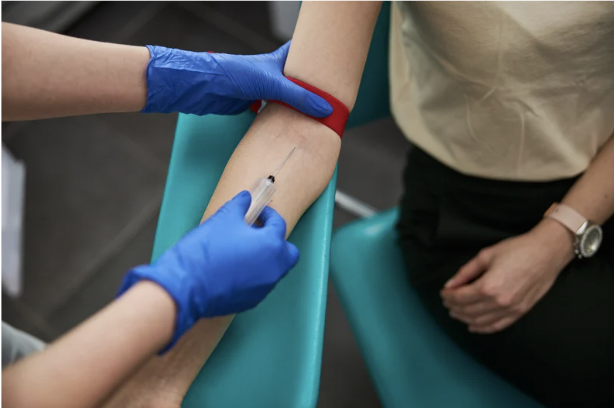Sings of Teen Prescription Drug Abuse and What Parents Can Do About It
Prescription drug addiction is a real problem for many teens. When taken as directed, medicine can prevent, treat and cure diseases. However, your physical and mental health is at risk when drugs are used without a prescription. Prescription substance abuse is a growing concern across the country and the results can be tragic.
How Do Teens Misuse Prescription Drugs and What Are the Risks?
A common misconception is that prescription drugs are safer than street drugs. Abuse of prescription medicines refers to their usage in another way than how they were initially intended. This includes taking someone else’s medication, taking more of your own prescription, or mixing it with alcohol and other drugs.
There are several reasons why teenagers turn to prescription substances. These include getting high, coping with stress, aiding sleep, and improving concentration.
Although it is believed that access to prescription medicine is highly controlled, acquiring these substances is much easier than people think. The medicine cabinet at home is a free and easy way to obtain drugs. Moreover, teenagers often fake symptoms to get a prescription of their own.
The 2019 National Survey on Drug Abuse and Health reported the most common pharmaceutical categories abused by teens are stimulants, sedatives, and painkillers.
Because they are misused, these drugs can have serious, even deadly consequences. Most prescription medicines come with multiple side effects and they can increase when the substance is not used as advised. However, the most common risk is addiction.
What Are the Signs and Symptoms of Teen Prescription Drug Abuse?
If you are concerned that your child may be using drugs, it may be beneficial to pay attention to abnormal changes in personality, behavior, or habits. Depending on the prescription drug, the symptoms and signs can vary.
- Physical Changes: Drug use can take a physical toll and present itself through weight loss, slurred or incoherent speech, bloodshot eyes, lack of good hygiene, changes in sleep patterns and eating habits.
- Behavioral Changes: Changes in personality such as defiance and secrecy, sudden changes in friends, appearance, and school performance.
- Cognitive Symptoms: Altered perceptions of reality, confusion, disorientation, forgetfulness, and poor concentration.
- Psychosocial Symptoms: A loss of interest in previously enjoyed activities, drastic shifts in mood, irritability, depression, and anxiousness.
How Can Parents Help Teens Who Struggle with Substance Addiction?
To prevent and minimize the abuse of prescription drugs among teenagers, safe storage and disposal are key. Keep medicine in a secure, out of sight place that can be locked up and get rid of leftover drugs to diminish opportunities for easy access.
Additionally, educating teenagers and parents on the risks of prescription drug addiction can aid in combating the problem.
It is critical to seek the help of a professional in order to ensure your teenager is able to break the cycle of addiction. Most substance abusers need the help of counselors and treatment providers.
Most importantly, reach out to your child in a compassionate manner and offer to work together to overcome their struggles. Remember, even the best parent may not be an expert in teen addiction.
Rehab South Africa is fully equipped to deal with your treatment needs. Contact us or visit our website by following these links.





